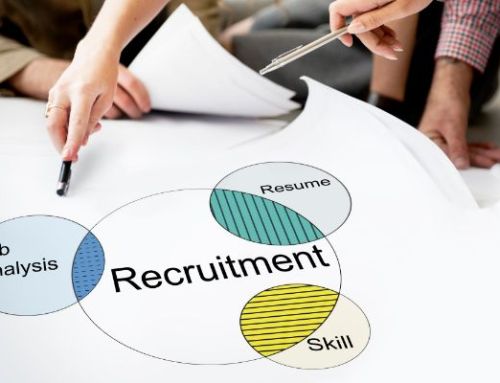An employee can work slower than their colleagues due to several reasons. It could be a lack of interest in the work, a habit of achieving perfection, mismanaged workflow, or simply being unaware of the deadline or urgency of the tasks. Many employees also have a challenge in working with new technology and don’t understand the functioning of devices or software required to complete their job. As a manager, it is your responsibility to know the exact reason why a person is performing slower than their peers and help them improve.
Here is how you can do it:
Find out the exact reason
Talk to the concerned employee without a preconceived notion. Be curious and ask questions with a positive intent. For example:
- How much time did you take to complete a particular task?
- What was an approximate break up of time that went into different activities?
- Which activity took most of the time?
- Did any activity require input from other members of the team and when did you receive that input?
- What do you do to maintain the quality of the work?
- Were you aware of the deadline or urgency of the project?
- Do you think there is a scope of improvement in the speed?
Of course, the order of questions will depend on how the conversation unfolds. You bring up these questions during a regular one-on-one meeting or in a general meeting, if you feel you have an open and transparent company culture that can enable this. The objective is to find out the reason of slow delivery of work without blaming or accusing employees.
The solution
Once you have found the source of sluggishness, you need to find out a solution to improve their speed and performance. Although the resolution would be different in each case, here is a general guide to improving performance based on various reasons:
If the factors responsible for sluggishness is beyond the control of the employee, you need to analyze and manage the workflow more efficiently. Fix any technical problems you’ve identified. Talk to other members of the team to ensure their timely input. Eliminate every hurdle and roadblock which is hampering the performance. Ask them to report any such issue in the future.
If an employee’s own behavior is responsible for the slow speed, then you need to work with them as a partner and coach to help them improve their performance. Some of the possible actions could be as follows:
- Provide technical training if needed so that they can use the software and hardware more efficiently.
- Split an assignment into sub-tasks and assign a deadline for each sub-task
- Follow up with them regularly to check if they are progressing as planned
- If they are a perfectionist, then make them understand the importance of quality for each task. They must realize that not all tasks need to be done perfectly. Ask them to show the first version of their work before fine-tuning to achieve perfection.
- It is now time to set clear and precise expectations. Give them a timeframe to improve their performance and let them know that you are there to provide all the assistance.
Remember that it is not just their responsibility to improve their performance. As a manager, you need to engage with them proactively to get things done to your satisfaction. Providing regular feedback and appreciating their incremental improvements will motivate them to give their best. For managers, it is crucial to devote the required time as a single slower employee can reduce not only their team’s productivity but also hurt other team members’ morale.
Image licensed from Depositphotos.com
About the author:
Stefania Dubrovic is a professional writer at Writers Per Hour. She has a penchant for traveling and exploring new places. Connect her on G+ to get the latest update in HR and career development.






Leave A Comment